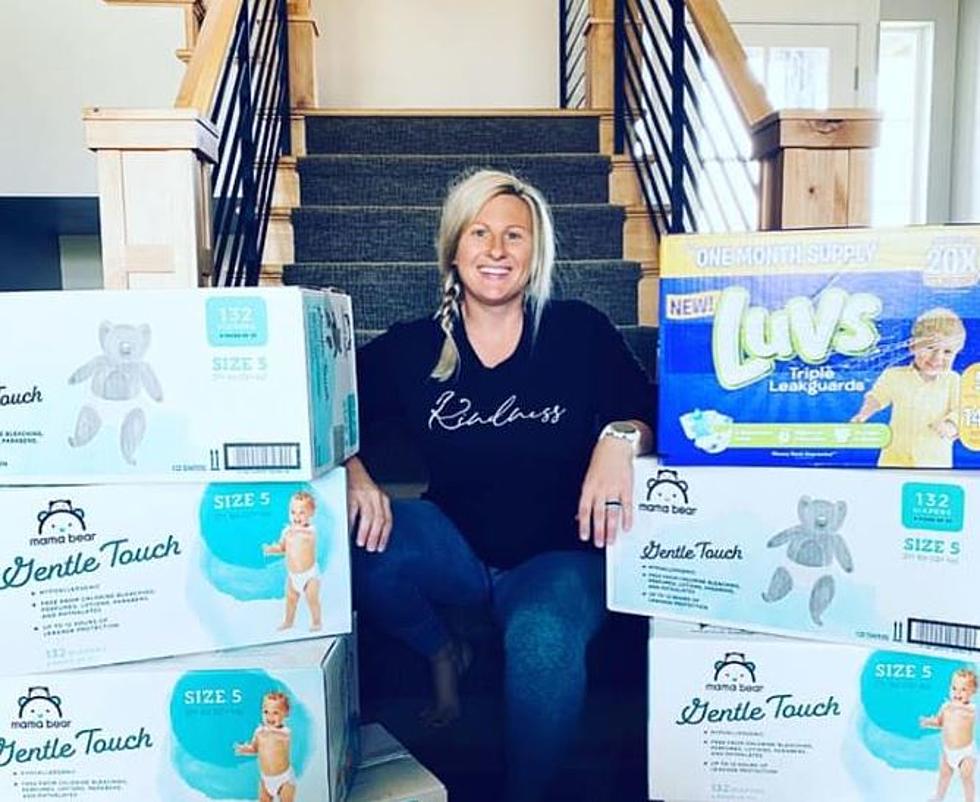
What Northern Colorado High Schoolers Think about Vaping
Vaping. It's probably a word you're sick of hearing by now, whether you think it's a dangerous habit or you want people to get off your back for doing it.
The cigarette alternatives became a hot topic after cases of vaping-related lung illnesses popped up around the country — cases that either caused alarm or were dismissed as fear-mongering.
It can be hard to pinpoint which side is correct, not only because there is still limited research on the side effects of vaping, but also because there are so many different kinds of vapes on the market.
"There's some disposable one use items, some pod or cartridge based systems, and then refillable or mod systems," said Christa Timmerman, the Heath Educator for Larimer County. "There's a variety of substances that can be used in these devices including marijuana, nicotine, as well as other drugs...[such as] Xanax, Ritalin, heroin."
Regardless of what is in the vape, none of these devices are FDA approved. They're also not just being used by their intended audience (cigarette smokers), but by children.
We don't often hear about vaping from a minor's viewpoint (usually just that of their concerned parents).
To combat this, the Larimer County Health Department works with Youth Engagement Specialists (YES), or minors in the Northern Colorado area, to gain a different perspective.
I recently spoke with two YES's about vaping. They're seniors at Poudre High School, a school that has been mentioned in The New York Times due to its high vaping rate.
They noted that their peers usually don't start vaping to quit smoking, but to cope with deeper emotional issues. And once they start, they can't stop.
"I personally don't know anybody who has been able to quit yet," said one student. "I think everyone has an optimization bias towards themselves. If you had a thing saying '99% of of all people who start vaping become hooked on it'...they're like 'oh, that's not me, I'm the 1%'."
This invincible attitude towards vaping among minors is often how their addiction starts.
"The first time, okay, it's just for the experience. The second time they wanna relieve the experience. The third, fourth time they're doing it socially. The fifth, sixth time they notice they're addicted to it," said another student.
And while science has not proved it yet, both students acknowledged they have witnessed effects of vaping, including fidgeting, anxiety, and craving the next fix, on their peers.
Whether or not you believe in the correlation between vaping and lung illness, it is clear that many children in NoCo have developed a serious addiction...and they're not planning on stopping.
To learn more about vaping and what Northern Colorado teens think about it, listen to the full "Tuned In to NoCo" interview with Christa Timmerman and Larimer's Youth Engagement Specialists below.

More From 99.9 The Point









